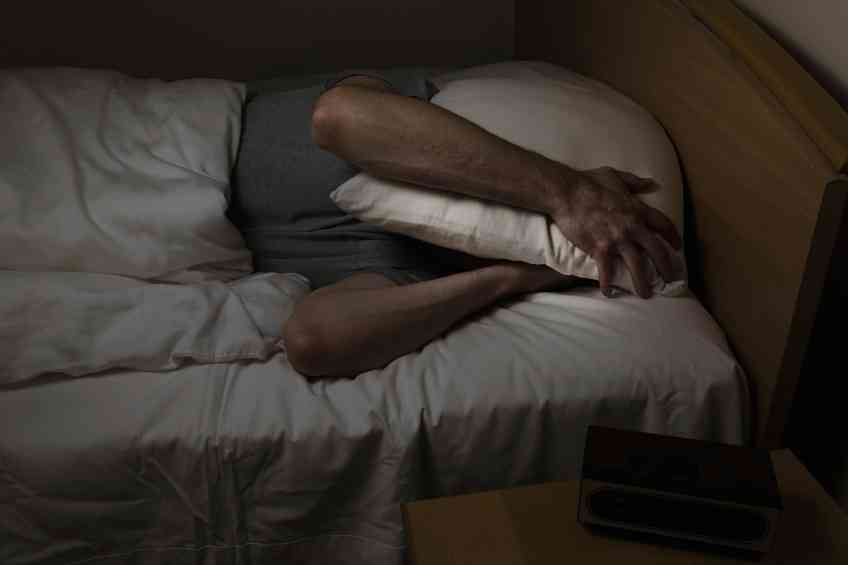By John Salak –
There are lots of reasons people don’t sleep well and probably even more reasons why sleep is a health essential. Those who habitually fail to get enough rest suffer memory issues, mood changes, weakened immunity systems, high blood pressure, heart disease, weight gain and poor balance, according to Healthline.com.
Failure to snooze effectively can be caused by a variety of factors. Harvard Medical School reports the most common causes include sleep apnea, poor diet, lack of exercise, pain, restless leg syndrome, depression and stress. Ultimately, chronic sleeplessness is enough to keep people awake at night and apparently it is.
Indiana University now reports that people who worry about their inability to sleep often acerbate their sleep problems, even among those who take sleep aids. The university’s conclusions were based on studying nearly 5,000 patients working with sleep clinics.
The participants completed questionnaires about the severity of their insomnia, their use of sleep medication and the time they spent monitoring their behavior while trying to fall asleep. They were also asked to report any psychiatric diagnoses. Researchers also conducted mediation analyses to determine how the factors influenced each other.
“We found time monitoring behavior mainly has an effect on sleep medication use because it exacerbates insomnia symptoms,” said study leader Spencer Dawson, clinical assistant professor at Indiana. “People are concerned that they’re not getting enough sleep, then they start estimating how long it will take them to fall back asleep and when they have to be up. That is not the sort of activity that helps facilitate the ability to fall asleep—the more stressed out you are, the harder time you’re going to have falling asleep.”
Ultimately, it is a lose-lose situation because as frustration over sleeplessness grows, people are more likely to use sleep aids in an attempt to gain control over their sleep.
Even those facing less severe sleep problems may hinder their ability to fall asleep by worrying about it. The research did indicate, however, that a simple behavioral intervention could provide a possible insomnia treatment or at least way to mitigate the problem.
“One thing that people could do would be to turn around or cover up their clock, ditch the smartwatch, move the phone or clock away so they’re simply not checking the time,” Dawson said. “There’s not any place where watching the clock is particularly helpful.”










